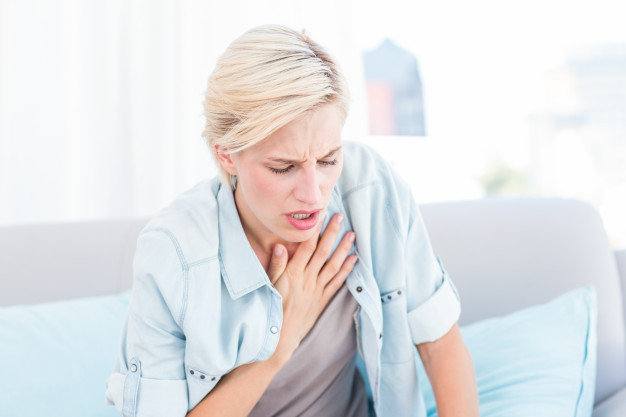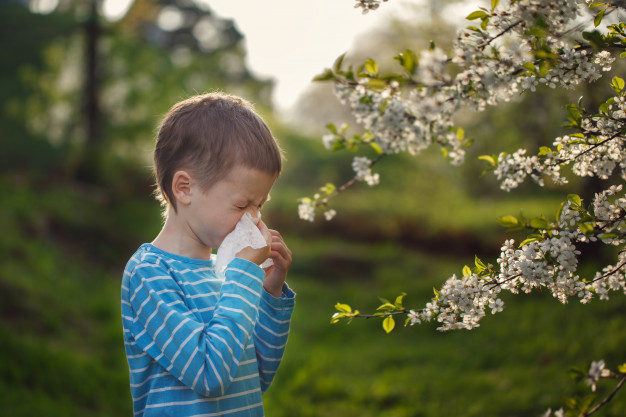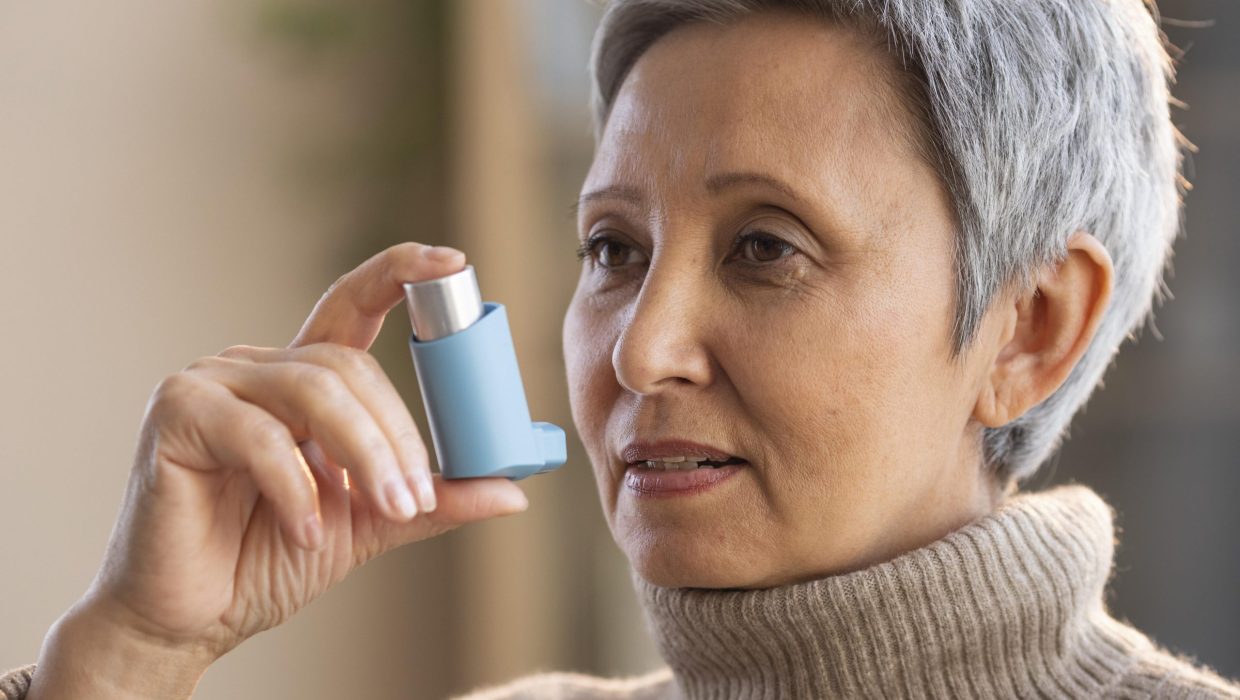May 4, 2021
World Asthma Day is celebrated annually on the first Tuesday of May, organized by GINA (Global Iniative for Asthma) and has been celebrated since 1998 in more than 35 countries.
This day aims to raise awareness among the population, seek to improve adherence to treatment and stop the evolution of the disease.
Asthma is a chronic disease caused by inflammation of the airways. It is characterized by the existence of respiratory symptoms, such as: wheezing, shortness of breath, chest tightness and cough, which vary over time and in intensity, associated with a limitation of variable expiratory airflow (measured through an examination that called spirometry).
Asthma, also called bronchial asthma or asthmatic bronchitis, is one of the most common chronic respiratory diseases worldwide and with the highest incidence in the last 30 years.


The World Health Organization estimates that, worldwide, more than 300 million people suffer from asthma. It is estimated that more than one million Portuguese suffer from this disease.
This is caused by a complex relationship between genetic and environmental factors, such as: viral infections, allergens and occupational agents that influence not only their appearance, but their progression. The causes that often trigger crises are as follows:
- Viral infections (colds)
- Physical exercise
- Exposure to allergens
- Climate change
- Laughs
- Irritating substances (smoke, pollution or strong smells)
There are typical respiratory signs and symptoms of asthma and, when present, increase the likelihood of being in the presence of an asthmatic patient:
- More than one symptom (wheezing, shortness of breath, cough, chest tightness), especially in adults. Wheezing is popularly called “pieira”, “sizzle”, among others.
- Symptoms often worsen at night or early in the morning, hence it is often referred to as nocturnal asthma.


However, the following characteristics reduce the likelihood of asthma-associated respiratory symptoms:
- Isolated cough, without other respiratory symptoms
- Chronic sputum production
- Shortness of breath associated with dizziness, feeling faint or tingling in the hands and feet
- Chest pain
- Exercise-induced dyspnea with noisy inspiration
Asthma has no cure, although it is a chronic disease and can walk without symptoms for long periods. Good control is characterized by the minimal presence of symptoms during the day and at night, little use of relief medication, absence of exacerbations, absence of limitations in physical activity and normal lung function. This complete control may not be achieved in cases of severe or moderate asthma.
About half of asthmatic patients in Portugal do not have their asthma controlled (51% children and 43% general population). However, 9 out of 10 patients with uncontrolled asthma have a wrong perception of the state and control of their disease, which makes it difficult to seek better treatment.


One of the consequences of poor control can be severe exacerbation, with the need for hospitalization. In fact, it is known that one third of children who suffer from this disease are hospitalized at least once in their lives.
Currently, the recommendations are credible in order to prevent or prevent asthma and focus mainly on smoking cessation during pregnancy and in the first year of life, vaginal delivery, breastfeeding and, if possible, avoiding breastfeeding. take paracetamol and antibiotics in the first year of life.
One of the main problems of this disease is the lack of diagnosis. There are many children who suffer from asthma, but it is not detected in time.
In Portugal, there are entities dedicated to this reality. One of them is the Portuguese Association of Asthmatics (APA), based in Porto and legalized in May 1995. This association aims to draw the attention of patients, health professionals and the general public to the disease as a Public Health problem .

![[:pt]clínica cura pura](https://curapura.pt/wp-content/uploads/2017/10/logo-footer2.png)




